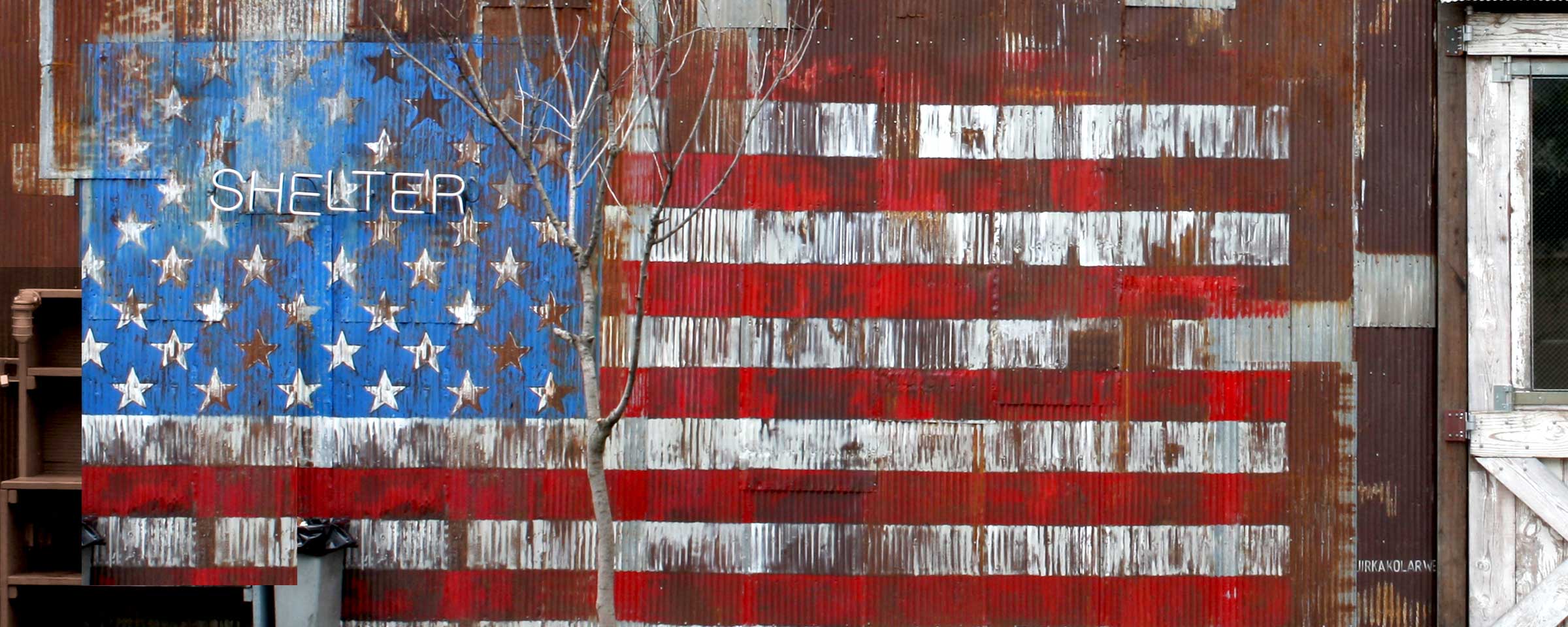
Martinez v. Fremont
What's at Stake
The ACLU Immigrants' Rights Project and ACLU of Nebraska filed a federal lawsuit in July 2010 in U.S. District Court on behalf of landlords, tenants and employers in Fremont, Nebraska challenging a discriminatory law that requires prospective renters to provide the Fremont Police Department with information about their citizenship or immigration status prior to renting any home.
Summary
The city ordinance also requires employers to check the status of would-be hires using E-Verify, a flawed federal electronic verification program that Congress has repeatedly declined to make mandatory. The ACLU's lawsuit charged that Fremont’s law is at odds with the federal government’s sole authority under the constitution to regulate immigration, and has a discriminatory effect on those who look or sound "foreign." After the ACLU filed suit, the city council voted to suspend enforcement of the ordinance pending the outcome of the district court litigation.
On February 20, 2012, the district court permanently enjoined two provisions of the ordinance: one that prohibits landlords from "harboring" unlawfully present immigrants, and another that requires the city to revoke the rental licenses of any tenant the federal government finds to be unlawfully present in the United States. The district court allowed the remainder of the ordinance to stand, including the E-Verify mandate. Both sides appealed parts of the decision to the Eighth Circuit Court of Appeals. The Fremont City Council voted to continue the suspension of the ordinance's housing provisions during the course of the appeals, but permitted the E-Verify mandate to go into effect.
On June 28, 2013 a divided panel of the Eighth Circuit issued a decision upholding the ordinance and concluding that it is not preempted by federal authority over immigration law. The three-judge panel issued three separate opinions, including a strong dissenting opinion by Judge Myron Bright. As Judge Bright's dissent points out, the panel's decision conflicts with every other decision by federal courts that ruled on similar housing and harboring laws passed by local and state governments, and is inconsistent with Supreme Court precedent. The ACLU petitioned the court to rehear the case en banc and the petition was denied on October 17, 2013. The ordinance took effect on April 10, 2014.
Legal Documents
-
09/04/2012
Martinez v. Fremont - United States' Motion to file Amicus Brief
Date Filed: 09/04/2012
Affiliate: Nebraska
-
07/22/2010
Martinez v. Fremont - First Amended Complaint
Date Filed: 07/22/2010
Affiliate: Nebraska
-
07/22/2010
Martinez v. Fremont - Plaintiffs' Motion for TRO and PI
Date Filed: 07/22/2010
Affiliate: Nebraska
-
07/22/2010
Martinez v. Fremont - Evidence Index
Date Filed: 07/22/2010
Affiliate: Nebraska
-
07/21/2010
Martinez v. Fremont - Complaint
Date Filed: 07/21/2010
Affiliate: Nebraska
-
05/23/2012
Martinez v. Fremont - Opening Brief, 8th Circuit
Date Filed: 05/23/2012
Affiliate: Nebraska
-
02/20/2012
Memorandum and Order Granting Motion for Summary Judgment in part and Denying in part
Date Filed: 02/20/2012
Affiliate: Nebraska
-
01/03/2012
Martinez v. Fremont - Plaintiffs' Brief in Support of Motion for Summary Judgment
Date Filed: 01/03/2012
Affiliate: Nebraska
Press Releases
ACLU Condemns Divided Eighth Circuit Ruling in Fremont Immigration Case
City Council In Fremont, Nebraska Suspends Discriminatory Law Pending Resolution Of ACLU Lawsuit
ACLU Sues On Behalf Of Fremont Residents To Block Discriminatory Law